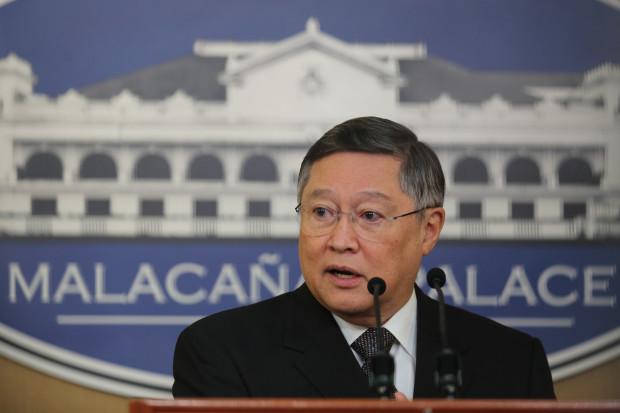To address the combined pressures of land disputes, climate change, massive housing backlog and lack of land security, the government must adopt a sustainable land governance policy that would allow for its rational and equitable allocation among competing uses.
This was the call by a multisectoral coalition for sustainable land use launched on Feb. 9 at the end of a two-day conference on land governance organized by the US Agency for International Development (USAID). The coalition included leaders from national and local governments and international development and civil groups.
During the conference, several leaders underscored the need to overhaul current land governance policies.
Finance Secretary Carlos Dominguez III depicted Metro Manila in his keynote address as an “urban nightmare” and harbinger of a national “land governance crisis” needing immediate action.
The country’s urban areas, home to half of the population, risked turning into “choked” cities like the capital if obsolete land policies were not updated, he said.
A finite yet vital resource, land, estimated to be at 30 million hectares in the Philippines, is beset by several issues due to poor land governance, Environment Undersecretary Analiza Teh said in an interview.
This included overlapping mandates of key land agencies, lack of land security and tenure, and massive titling problems involving 11 million parcels of land.
“It’s high time to pursue land reforms especially now [in the absence of] a harmonized land agency,” Teh said. “Sustainable land governance will allow us to tap into the full potential of land as an economic resource.”
The coalition was facilitated by USAID’s Strengthening Urban Resilience for Growth with Equity, a five-year project seeking to elevate cities’ role in economic development. Its signatories include city mayors, government agencies, members of the academe and representatives from the United Nations and World Bank.
Among the coalition’s key calls to action were the development of policies directed at the update and harmonization of land information across agencies, expediting the resolution of land-related cases and increased protection of women’s rights to land ownership, said Lourdes Reyes, general manager of Land and Governance Innovations Consultants Inc. and coalition member.
